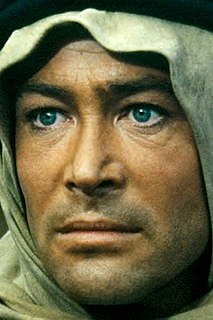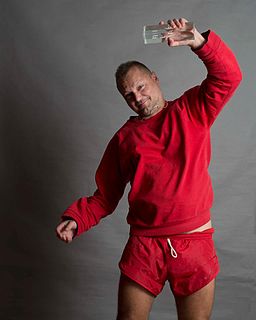A Quote by Rod Lurie
I loved going to the movies, especially when I was a teenager in the seventies. How couldn't you in what was perhaps the greatest era of auteur cinema?
Related Quotes
When I was a teenager, I thought I wanted to be an actor. I worked on an Indian soap opera that was my first exposure to production. But I quickly became disillusioned by acting and seeing that in the movies I loved and the TV I loved, no one looked like me. There weren't going to be any leading roles that would be interested in casting someone with my face.
As the acting class was going on, I just realized I just knew more about cinema than the other people in the class. I cared about cinema and they cared about themselves. But two, was actually at a certain point I just realized that I love movies too much to simply appear in them. I wanted the movies to be my movies.




































